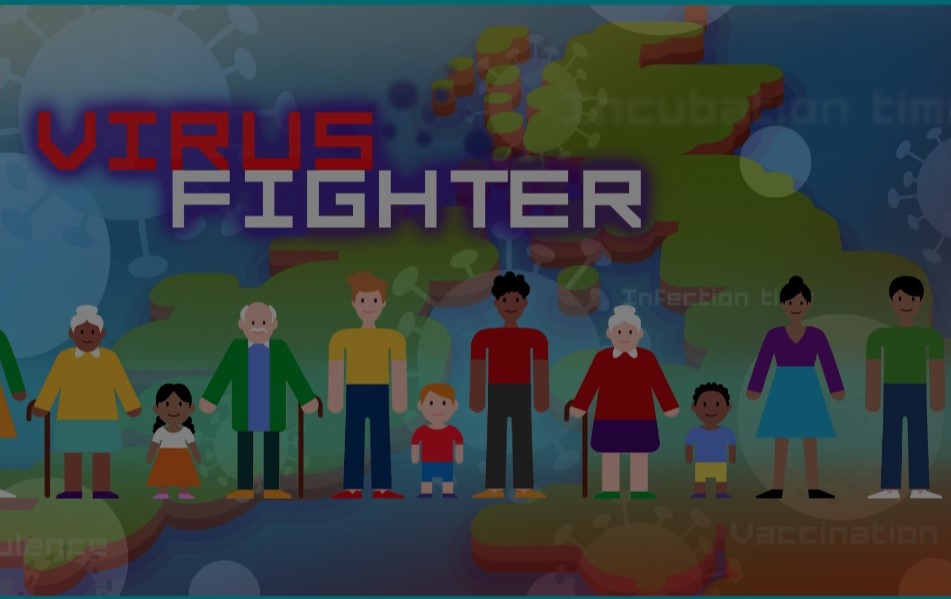From inside academia we often bemoan the horrible bottleneck that young scientists need to squeeze through in order to land a professorship. The number of post-doc places is far lower than the number of PhDs, and the number of professorships opening up is smaller again, leading to only 2% of PhDs ending up as a Professor. Does this make it a bad career decision to get a PhD in science? No!
The thing that we usually forget to mention, is that while 2% of science PhDs end up with a Professorship, 98% of science PhDs end up having a successful career. A PhD in science is such fantastic training that graduates are highly sought out for diverse jobs that go way beyond active research - including policy, communication, regulation, administration and business development. Only 2% of science PhDs stay unemployed*, far below the population average.

So yes, there is certainly a bottleneck in the academic career pathway. But I also want my PhD students to look at the bright side - as a PhD student you get to spend years doing fun science, contributing to knowledge of the world, and then at the end you are going to be highly sought out on the job market. Some of you will end up in academia, some in research and others in a diverse set of interesting jobs that you cannot predict today. But you will all be a success.
---
* A recent newspaper article claims that the figure is 39%, but basically they misunderstood the data they were using, and counted as unemployed PhD graduates who filled out the form months before they graduated
 Friday, January 13, 2017 at 9:44AM
Friday, January 13, 2017 at 9:44AM  science careers
science careers 





